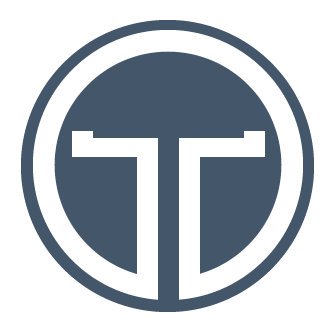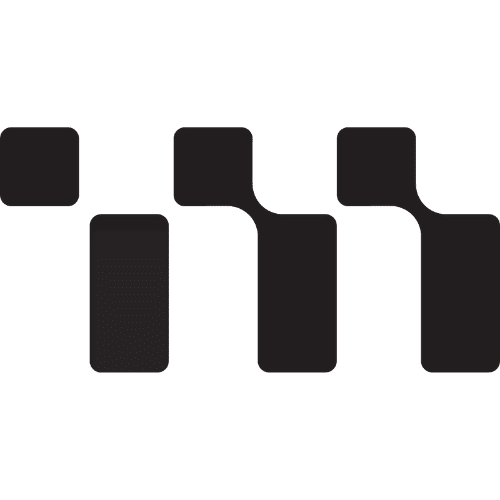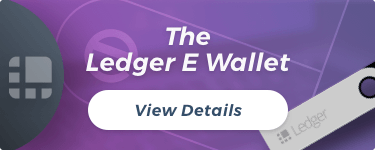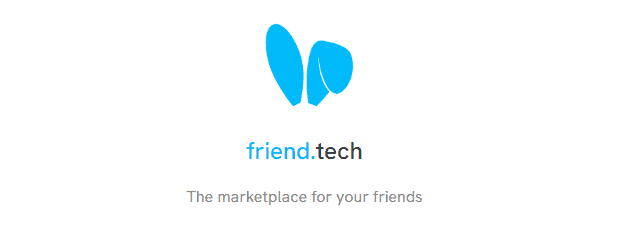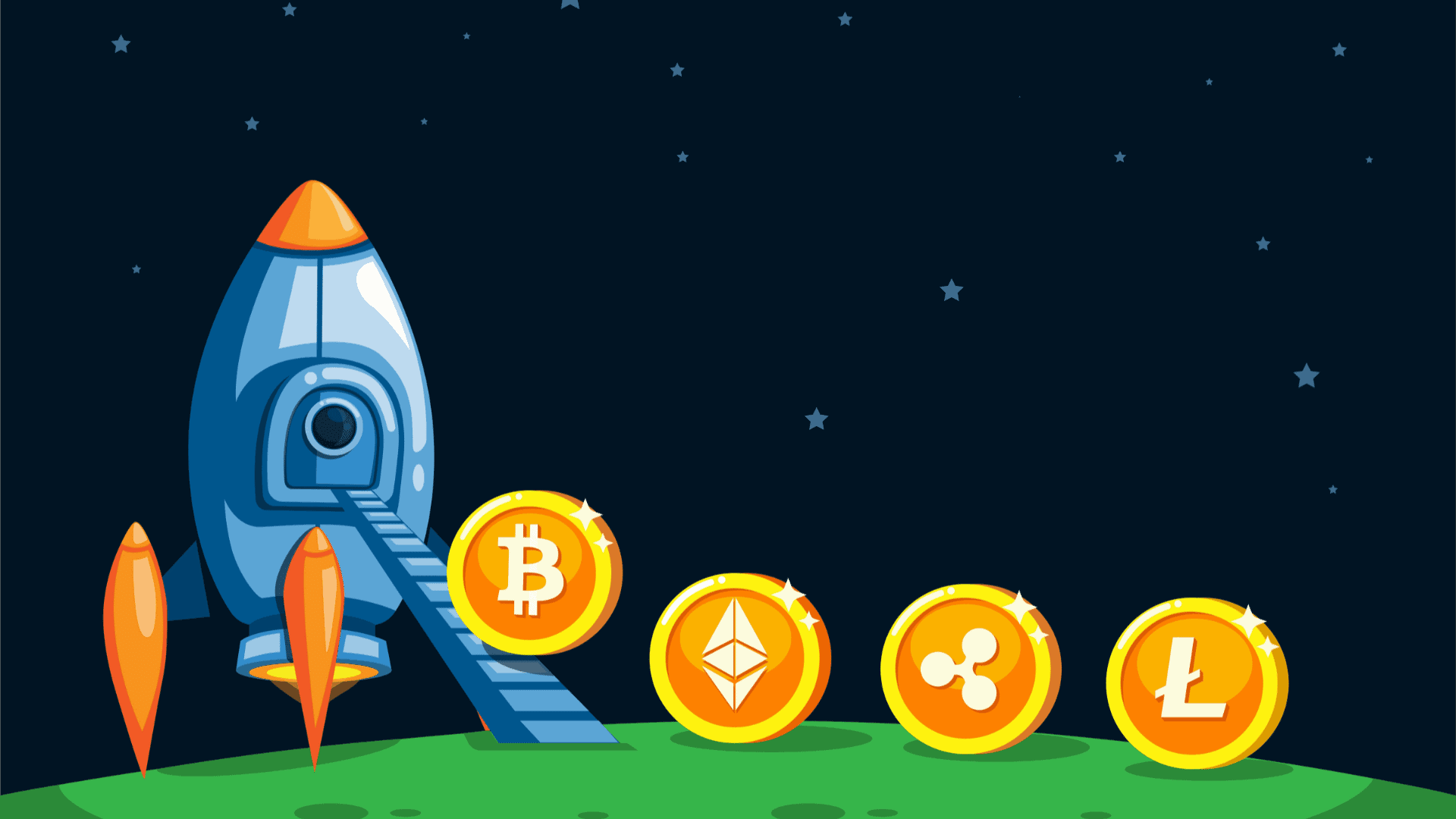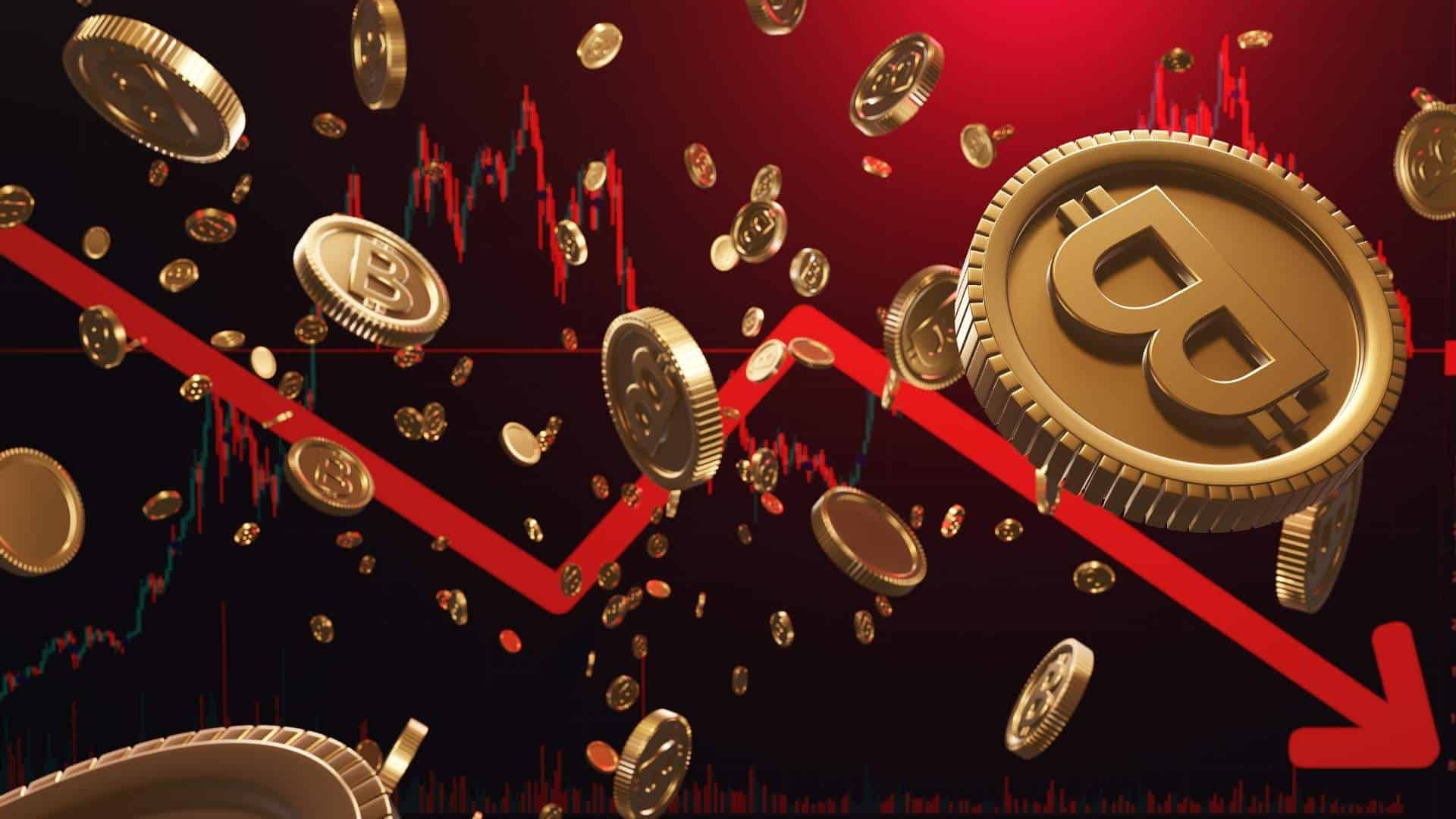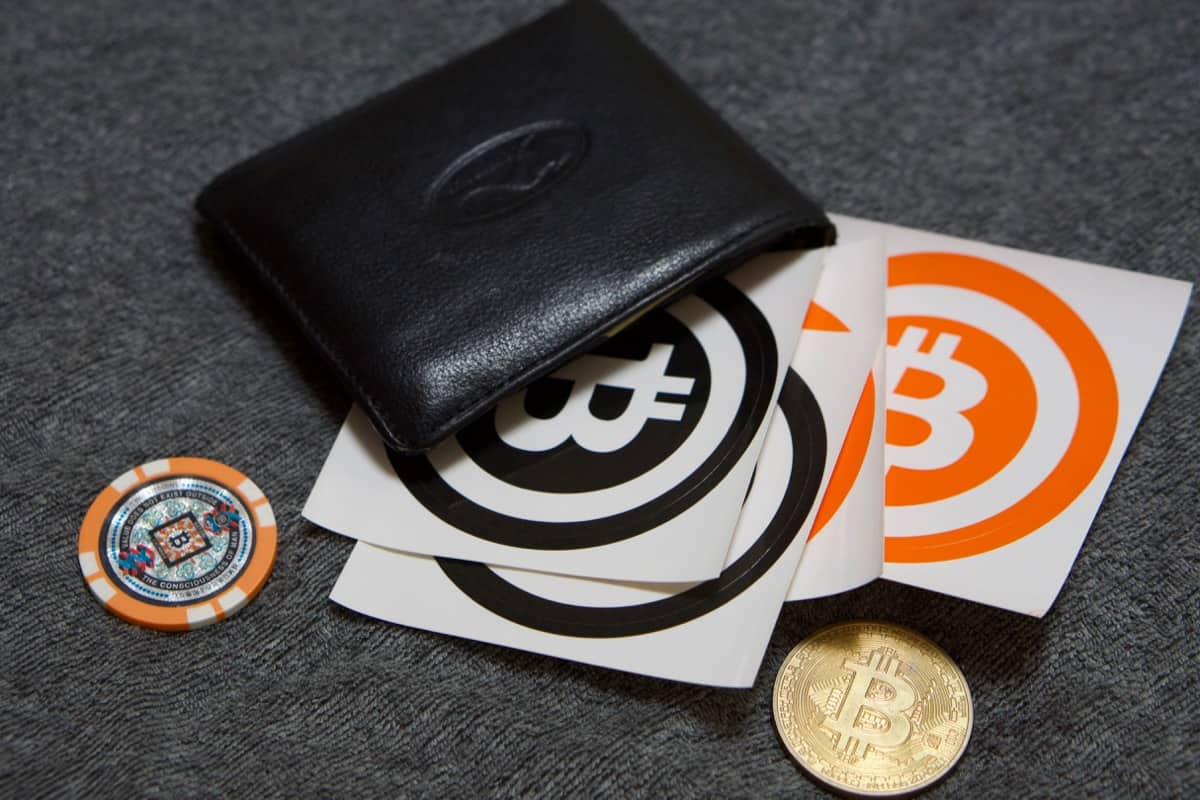
Reserve Rights (RSR)
| Market Cap | Volume | Last Trade |
|---|---|---|
Reserve Rights Details
| Built On | Launch Date | Proof Type | Max Supply | Circulating Supply | Website |
|---|---|---|---|---|---|
| 0 | 0 | NO | Platform | Block Reward | Block Time | Block Number | Net Hashes Per Sec | Reserve Rights |
| 0 | 0 | Trade |
Reserve Rights (RSR) price today is $0.0000000 USD. Trading volume was 0.00 RSR in the last 24 hours. Current market cap of Reserve Rights is $0 USD. Reserve Rights has a circulating supply of 0 RSR coins out of a maximum supply of 0 RSR coins.
An In-Depth Look at Reserve Rights (RSR)
What is Reserve Rights (RSR) and how does it work?
Overview
Reserve Rights (RSR) is a dual token stablecoin platform that was launched on May 24, 2019. The purpose of RSR is to help maintain the stability of the Reserve's secondary token, the Reserve Stablecoin (RSV). The idea behind Reserve is to create a universal store of value – particularly in regions with unreliable banking infrastructure or where hyperinflation is an issue.
RSR plays a crucial role in maintaining the stability of the Reserve ecosystem. In the event that the price of RSV falls below its $1 peg, RSR is used to purchase excess RSV to raise its price. Conversely, if RSV exceeds the $1 peg, additional RSV is minted and sold for collateral assets. The system uses a smart contract to maintain the correct ratio of RSR to RSV tokens and ensure stability.
Technical Aspects
Reserve Rights (RSR) operates on the Ethereum blockchain, meaning it is an ERC-20 token. It leverages a protocol consisting of smart contracts to ensure that the price of its stablecoin, RSV, remains stable. These smart contracts manage the changing supply of RSR and RSV to respond to changes in demand or market conditions, and they also manage the collateral assets used to back RSV.
RSR tokens have two main functions in the Reserve protocol. Firstly, they are used to keep the price of RSV stable. When the stablecoin's price drops, the protocol purchases RSV using RSR, reducing the supply and increasing the price. Secondly, RSR token holders have a governance role. They can vote on proposals and influence the management and future development of the Reserve protocol.
Team
The Reserve Rights project boasts a robust and experienced team of founders, investors, and partners. The project is co-founded by Nevin Freeman and Matt Elder. Freeman, the CEO of the project, is an entrepreneur with a background in business and psychology. Elder, the CTO, is an experienced software engineer with a strong background in blockchain technology.
The Reserve team also includes Charlie Smith, Head of Business Development, and Jesper Ostman, the project's protocol lead. Smith is an experienced business development executive with a background in technology and finance, while Ostman has a deep understanding of blockchain technology and smart contracts.
In addition to its core team, Reserve Rights has attracted high-profile investors and partners. Notably, the project is backed by Peter Thiel, co-founder of PayPal and one of the most influential figures in the tech industry. Other notable backers include Sam Altman, President of Y Combinator, and Coinbase Ventures.
The Reserve Rights project has also partnered with a number of organizations in the blockchain and crypto space. These partnerships have helped to cement the project's reputation and expand its reach.
In essence, Reserve Rights (RSR) is a promising project that seeks to deliver a stable and universal store of value. Its dual-token model, robust protocol, and experienced team make it a standout in the crowded stablecoin market. It's a project worth watching as the crypto space continues to evolve.
How Does Reserve Rights (RSR) Make Money?
Reserve Rights (RSR), as a cryptocurrency, does not make money in the traditional sense of a profit-generating business enterprise. Instead, its value lies in its utility within the Reserve ecosystem and its potential as an investment instrument. The following are core mechanisms through which RSR generates value.
Token Appreciation
The primary way RSR makes money is through the appreciation of the token’s value. This is subject to the laws of supply and demand within the cryptocurrency market. As the Reserve project grows in popularity and usage, the demand for RSR may increase, potentially leading to an increase in its price.
Arbitrage Mechanism
RSR also plays a critical role in maintaining the stability of the Reserve Stablecoin (RSV), which is pegged to the US Dollar. When RSV falls below its $1 peg, RSR holders can purchase RSV at a discount and redeem it for its full value in the Reserve vault, generating a profit. This arbitrage mechanism incentivizes RSR holders and helps maintain the stability of RSV.
Governance and Utility
As the Reserve project develops, RSR holders will be granted governance rights, allowing them to vote on important decisions within the ecosystem. This added utility can make RSR more desirable, potentially leading to price appreciation. Additionally, as the Reserve project plans to become fully decentralized over time, the demand for RSR could increase, as it would be necessary for network participants to use RSR to facilitate transactions.
How Can I Make Money with Reserve Rights?
The prospect of making money with Reserve Rights (RSR) comes primarily from investing in and trading the cryptocurrency. Here are some ways an individual can potentially make money with RSR.
Long-Term Investment
One of the simplest ways to make money with RSR is to purchase and hold the token for the long term, with the hope that its price will appreciate over time. This strategy is often referred to as "HODLing" in the cryptocurrency community. As with any investment, this approach comes with risks, as the price of RSR can fluctuate due to a variety of factors.
Trading
Another way to make money with RSR is through regular trading. This involves buying RSR when the price is low and selling it when the price is high. Successful trading requires a good understanding of the cryptocurrency market and careful analysis of market trends. It's important to note that trading cryptocurrencies can be highly volatile and risky.
Participating in the Reserve Ecosystem
As the Reserve project develops, there may be opportunities to make money through active participation in the ecosystem. For instance, when Reserve Stablecoin (RSV) falls below its $1 peg, RSR holders can potentially profit from the arbitrage mechanism by purchasing RSV at a discount and redeeming it for its full value. Additionally, as governance rights are introduced, RSR holders may be able to profit from voting on key decisions.
Staking
While not currently an option, the Reserve project has suggested that staking might be a feature introduced in the future. Staking involves holding a cryptocurrency in a wallet to support the operations of a blockchain network. In return, participants often receive rewards, effectively earning interest on their held tokens.
In conclusion, while there are opportunities to make money with Reserve Rights (RSR), it's important to remember that investing in cryptocurrencies involves risk. Potential investors should carefully consider their risk tolerance and do their own research before investing in RSR or any other cryptocurrency.
How Can I Buy Reserve Rights (RSR)?
Purchasing Reserve Rights (RSR) can be a straightforward process if you follow the right steps. Here is a simple guide to help you buy RSR, especially if you are a first-time crypto investor.
Create an Account on Binance
Begin by setting up an account on Binance. This is a popular cryptocurrency exchange that offers a platform to trade a wide range of digital currencies, including RSR. Navigate to the sign-up section, fill in your details, and create your account.
Verify Your Account
Once your account is set up, you will need to verify it. This process involves providing Binance with your personal information, such as your ID and proof of address. This is to ensure compliance with regulations and to secure your account against potential fraud.
Secure Your Account
Next, make sure to secure your account by setting up two-factor authentication (2FA). This adds an extra layer of security, requiring not only your password but also a unique code sent to your phone each time you log in.
Deposit Fiat Or Cryptocurrency
After securing your account, you can now deposit funds. Binance allows you to deposit either fiat money or cryptocurrencies. If you're depositing fiat, you'll need to go through a bank transfer or credit card payment. For crypto deposits, you'll need to transfer from your existing crypto wallet into your Binance account.
Buy Reserve Rights (RSR)
Once the funds show in your Binance account, navigate to the trading section. Here, you can select RSR and make a purchase. You can specify the amount you want to buy or the amount of deposited funds you want to spend.
Store Your RSR in a Secure Wallet
After purchasing RSR, it’s crucial to store them in a secure wallet. This ensures your digital assets are safe from potential hacks on the exchange. You can choose between various types of wallets such as hardware, software, mobile, or even paper wallets.
For a more detailed guide on how to buy RSR, you can visit this page.
What are the Best Wallets for RSR?
Storing your RSR in a secure wallet is crucial to ensure the safety of your digital assets. Here are some of the best wallets to store your RSR:
-
Ledger Nano S and Ledger Nano X: These are hardware wallets which are considered the safest place to store cryptocurrencies. Both wallets support RSR.
-
Trust Wallet: This is a mobile wallet that provides a user-friendly platform for storing various cryptocurrencies, including RSR. It also offers a built-in Web3 browser that allows you to interact with decentralized applications (DApp) directly from the app.
-
MyEtherWallet (MEW): This is a free, open-source, client-side interface for creating and using Ethereum wallets. As RSR is an ERC-20 token, it can be stored in any wallet that supports Ethereum, like MEW.
-
MetaMask: This is a software wallet that allows you to interact with the Ethereum blockchain, including ERC-20 tokens like RSR. It's available as a browser extension and a mobile app.
Remember, the choice of wallet depends on your specific needs and preferences. Always ensure that whichever wallet you choose, it is secure and reputable.
How Can I Find More Reserve Rights (RSR) News?
Reserve Rights Website
The primary source of information on any cryptocurrency is often its official website, and Reserve Rights (RSR) is no exception. The website provides comprehensive data on the mission, vision, and functionality of the Reserve Rights token and its underlying protocol. It features up-to-date news, announcements, and detailed explanations of how the cryptocurrency works.
Reserve Rights Whitepaper
Often considered the 'constitution' of any cryptocurrency, the whitepaper provides in-depth insight into the technical and philosophical foundations of the cryptocurrency. The Reserve Rights Whitepaper details the methodology and design principles behind the RSR token and the Reserve Protocol it operates on. It's a must-read for anyone seeking a deep understanding of Reserve Rights.
Reserve Rights Twitter
For real-time updates and engagement with the Reserve Rights community, Reserve Rights Twitter is an excellent resource. This platform provides frequent updates on project developments, strategic partnerships, and market trends. Engaging with the team and the community on Twitter can provide valuable insights and keep you up to date with the latest happenings.
Reserve Rights Reddit
Another platform for community interaction and discussion is the Reserve Rights Reddit page. On this platform, users can engage in conversations about Reserve Rights, ask questions, share ideas, and get feedback from other community members. It's a great place for both beginners and experienced crypto enthusiasts to learn and share knowledge about RSR.
Coins Similar To Reserve Rights (RSR)
Bitcoin Gold
Bitcoin Gold is a hard fork of Bitcoin that was created to restore mining functionality to average users, who are unable to compete with large-scale ASIC-centered Bitcoin mining operations. Bitcoin Gold is an interesting study in the democratization of cryptocurrency mining. Visit the link to find out more about this unique cryptocurrency.
Decred
Decred is a unique cryptocurrency that emphasizes on-chain governance. This means Decred allows its community to vote on the development and policy of the Decred network. This democratic approach to decision-making is a key characteristic that sets it apart from many cryptocurrencies. Learn more about Decred by visiting the provided link.
Bitcoin BEP2
Bitcoin BEP2 is a token on the Binance Chain that is linked to the value of the original Bitcoin. It allows for the speed and efficiency of the Binance Chain while maintaining the value and brand recognition of Bitcoin. Find out more about how Bitcoin BEP2 operates by visiting the link.
Tether Gold
Tether Gold is a unique cryptocurrency that combines the stability of gold with the digital efficiency of blockchain. Each Tether Gold token is backed by one troy ounce of physical gold, providing inherent stability. This makes it an interesting option for those interested in stablecoins. Check out the link for more information on Tether Gold.
Reserve Rights Markets
| Rank | Exchange | Country | Coin Types | Fees | Trade |
|---|---|---|---|---|---|
| 1 |
 Crypto.com
Crypto.com
|
Hong Kong | 287 Currencies including RSR | 0.04% - 0.4% | More info |
| 2 |
 Binance
Binance
|
Cayman Islands | 366 Currencies including RSR | 0,10% | More info |
| 3 |
|
Unknown | 370 Currencies including RSR | Varies | More info |
| 4 |
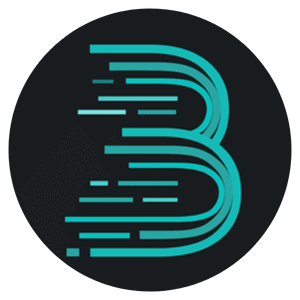 BitMart
BitMart
|
Cayman Islands | 723 Currencies including RSR | 0.04% - 0.4% | More info |





